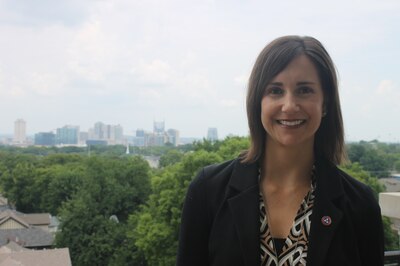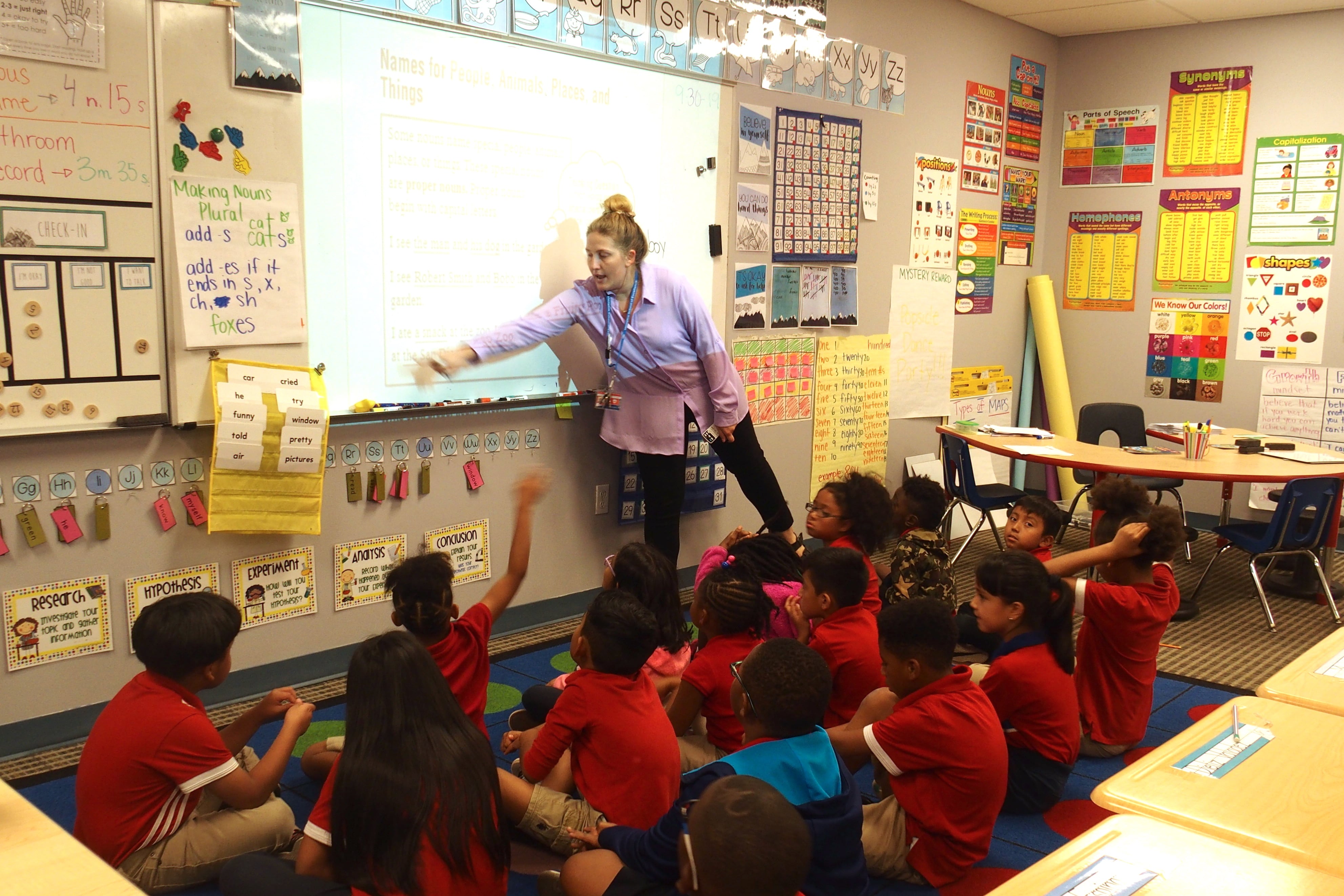Update, Oct. 21, 2020: Memphis School of Excellence Cordova will open under Shelby County Schools and Cornerstone Prep K-8 will open under the State Board of Education in 2021 after winning their appeals to the state and a school board vote on Oct. 20.
Update, Sept. 21, 2020: The State Board of Education voted to approve charter schools Cornerstone Prep K-8 and Memphis School of Excellence Cordova in Memphis, and KIPP Antioch College Prep High School and Nashville Collegiate Prep in Nashville to open in 2021. All four charter applicants now enter a 30-day reconciliation period to see if they can reach agreement to come under the purview of their local school boards. If not, they will be authorized by the state.
The state Board denied only one appeal on Monday, voting unanimously to uphold the Nashville school board’s decision to reject an application from Ivy Prep Academy.
The executive director of the State Board of Education recommends allowing one Memphis charter school to open that the local school board had rejected because of a “flaw” in the state’s application evaluation, but is ambivalent about another.
The state board is scheduled to vote on the recommendations during its remote meeting at 11 a.m. Monday. The two charter operators appealed to the state after Shelby County Schools rejected their applications in July.
Sara Morrison, the executive director, recommended that the state board allow Cornerstone Prep K-8 to open in Memphis in 2021. If the board approves Morrison’s recommendation, the Shelby County Schools board vote would be overturned. The charter school group operates three schools in the state-run Achievement School District, which was created in 2012 to take over and improve schools with low test scores.

For the proposed sixth-12th grade school Memphis School of Excellence Cordova, Morrison was neutral. Neutral stances from state board staff are rare and recommendations to overturn local school board decisions do not usually veer from the state’s guidelines that are meant to ensure a charter school is set up to serve students well.
During the appeal process, educators, charter leaders, state board staff, and sometimes out-of-state consultants review the application and make a recommendation to Morrison based on the state’s rubric. The rubric includes evaluation of the proposed school’s academic plan, operations, financial plan, and how other schools in the network are faring on state tests, if applicable.
In Cornerstone’s case, the reviewers thought the application met state requirements except when considering low test scores from the network’s existing schools. But Morrison said that charters like Cornerstone that take over existing schools to improve them are at a disadvantage because they do not get to start a school from the ground up.
“It is my assessment that the current state rubric sets an unreasonable bar for any operator that takes on the task of turnaround work,” she said in the report. “The requirement that an operator with turnaround schools demonstrate both growth and proficiency data on par with state and national standards before opening a new school is not a standard that is ultimately in the best interest of students and families.”
Morrison also noted that each of the three existing Cornerstone schools have improved enough for the state to remove them from its list of lowest performing schools, known as the priority list. The highest rate of proficiency across the network is 29% in fourth-grade math.
Despite the low test scores, if removing schools from the state’s priority list does not merit opening a new school “it appears it will be difficult for any other ASD operator to meet the standard of the rubric for approval,” she said.
For Memphis School of Excellence Cordova, Morrison encouraged the state board to review her report to determine if the application for the proposed school “is in the best interests of the students, school district, or community.”
The state’s reviewers commended the network for opening a new elementary school last month during the COVID pandemic, but gave the new application a worse score than Shelby County Schools did. Reviewers said the application lacked sufficient detail to meet state requirements in all categories except finances.
Morrison said, “It has been the practice of the State Board that only those schools that have clearly demonstrated a high likelihood of success and meet or exceed the required criteria in all areas will be authorized.
“However, when analyzing the best interests of the students, the school district, and the community, there are sometimes significant factors outside of the Review Committee Report that are important to consider,” her report said.
She pointed to the network’s 97.9% graduation rate, test scores that are higher than the district average for high school students, and a neighboring high school that is over capacity.
Charter school appeals of local school board decisions will shift to the state’s new Public Charter Schools Commission in January.
If the state board, a governor-appointed citizen group, agrees with Morrison on Cornerstone Prep K-8 or overturns the decision on Memphis School of Excellence Cordova, the charter organizations and Shelby County Schools would have 30 days to determine whether the school will operate under the local or state district. When local school boards disagree with the state’s decision, the state board then oversees the new schools.
The two proposed schools were among four that Shelby County Schools denied in July. Morrison also reviewed three Nashville charter school applications for Monday’s state board meeting. She was neutral on Nashville Collegiate Prep, recommended that the state board overturn denying KIPP Antioch College Prep High School, and affirmed the Nashville board’s decision to deny Ivy Prep Academy.
Correction: Sept. 21, 2020: A previous version of this story included an incorrect graduation rate for Memphis School of Excellence. The high school’s graduation rate is 97.9%. The charter school provided data to the state showing 89% of its 2019 graduates enrolled in a post-secondary institution, not that 89% of its students graduated on time.








